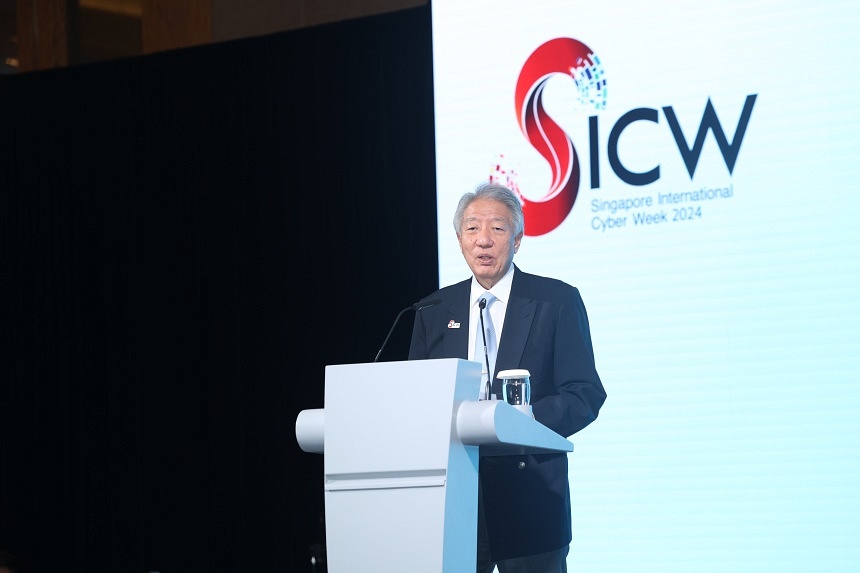“Singapore Issues New Guidelines to Protect Businesses from AI Security Risks”
The integration of artificial intelligence and chatbot technologies into business operations has become increasingly prevalent, offering numerous advantages such as operational efficiency and enhanced customer service. However, as with any technology, these innovations are not without risk, highlighting the importance of cyber security measures and the need for robust cyber insurance.
Following warnings by Senior Minister Teo Chee Hean at the recent Global Technology Governance Retreat in San Francisco, companies are urged to be vigilant of the potential threats posed by AI technologies, specifically rogue chatbots. These AI systems, if compromised, can serve as conduits for malicious cyber activities, risking both data security and business integrity.
Rogue chatbots can manipulate, steal, or corrupt data. For example, they could provide incorrect information to users, mislead decision-making processes, or even enable unauthorized access to secured data systems. This potential vulnerability underlines the necessity for companies to constantly test and monitor their AI implementations, ensuring these systems do not deviate from intended programming ethics and safety guidelines.
In cases where cybersecurity incidents occur, including data breaches or business interruptions caused by hacked AI systems, cyber insurance plays a crucial role in mitigating the financial risks and enhancing operational recovery. Cyber insurance helps cover liability expenses from lawsuits related to data breaches, costs for notifying customers about a breach, and forensic services to investigate and repair systems. Moreover, it can support businesses in managing ransom negotiations and payments in scenarios of malware attacks facilitated by compromised AI systems like chatbots.
Moreover, aside from financial compensation, many cyber insurance providers offer value-added services, such as access to cybersecurity experts who can provide urgent consultations and support during and after a security incident. Regular training sessions, risk assessment tools, and support in compliance and preventive strategies are also available, all of which are vital in the modern digital landscape’s preventative security measures.
In conclusion, while artificial intelligence and chatbot technologies are essential for businesses seeking efficiency and competitive advantage, it is crucial to acknowledge and prepare for the associated cyber risks. Rigorous testing and updates of AI systems, coupled with comprehensive cyber insurance coverage, provide a dual-layered security approach that can significantly minimize potential damages and ensure business resilience in the face of evolving cyber threats. Businesses are advised to consider these strategies as an integral part of their risk management and operational procedures.







